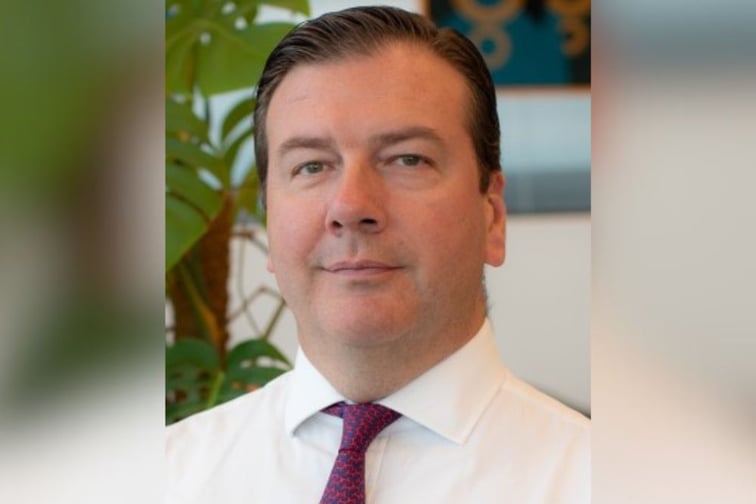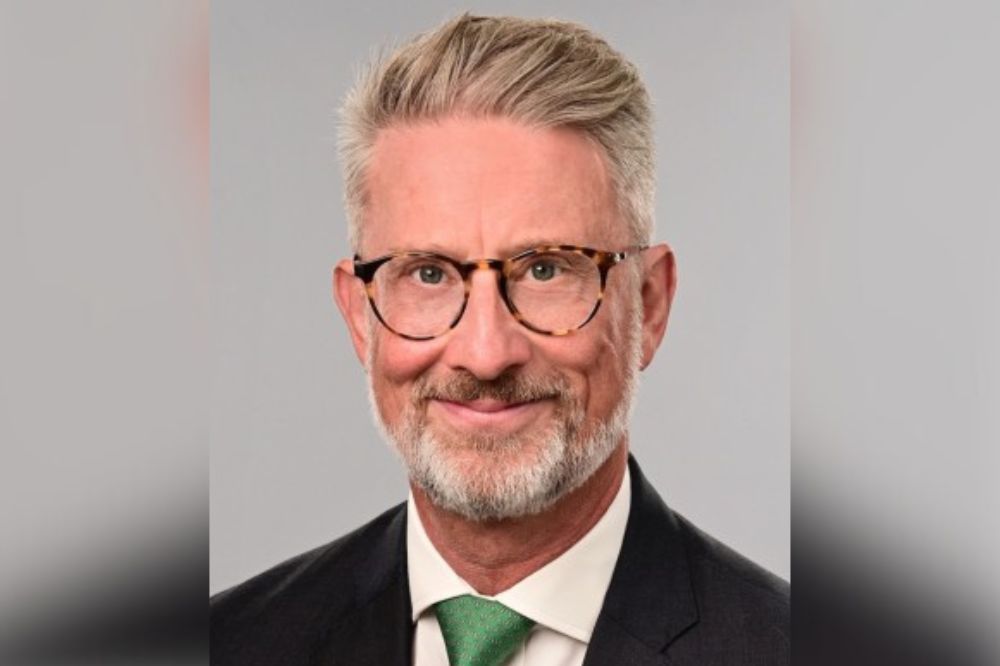

First there was the cultural cringe, then the culture wars. In recent years, the word culture has found another popular mutation - this time, referring to the attitudes and agreed ways of working shared by the employees of a company.
Many insurance industry leaders interviewed by Insurance Business see work culture as an essential part of every facet of their businesses, from winning contracts to retaining staff and making investments in other companies.
In late February, Amwins, a firm that describes itself as the largest independent wholesale distributor of specialty insurance products in the US, announced a minority investment in an Australian underwriting agency start-up firm called Rhodian.
Mark Cody (pictured above), managing director of Amwins Global Risks, was involved in his firm’s decision to invest. London-based Cody runs the international division of Amwins. He referred to Rhodian’s pitch around being “nimble,” taking on all the services that can “bog down” underwriters and empowering them “to just underwrite.”
“That chimes very much with Amwins,” said Cody. “Also, more than anything, the culture and his [Rhodian CEO Simon Lightbody (pictured immediately below)] vision of that: the idea that if you employ good people the business will come.”
He said “that culture and that synergy” was there from the first conversation.
Cody suggested that the importance of shared culture was driven home to him by his firm’s founder. He said Steve DeCarlo, Amwins’ executive chair, would talk about a 150-year vision.
“I would always scratch my head and think, ‘What does that mean?’” said Cody. “He wouldn’t talk so much in terms of employees but about employees and their families and our duty to [them].”
He said at a company the size and scale of Amwins, the culture “really stands out.”
“It’s unusual when you have a company the size of Amwins that 46% of Amwins is owned by the employees,” he said. Cody said his firm transacts more than US$30 billion of premium annually and has 7,500 employees.
“That culture is so important and I think it’s ground into everyone,” he said. “It changes the mindset.”
He said he does try and explain this but it can be “very hard to do when you’re outside the tent, looking in.” However, for example, he said his firm doesn’t have layers of bureaucracy with numerous middle managers.
This means Cody can get speedy decisions from his firm’s leadership team.
“I can very quickly get the leaders of the business on a phone call and we will sit around a table and make decisions,” he said. “That’s quite empowering.”

When he was pitching for the American juggernaut’s investment, the Rhodian CEO said he spent “many hours” in Charlotte with Amwins’ leading executives talking about culture.
“How we work as individuals, what we believe, how we want to structure the business eventually,” said Lightbody. “They were absolutely 100% making this decision because they believed and liked our culture and our story.”
Lightbody said if the two firms’ cultures hadn’t aligned it wouldn’t have mattered how good Rhodian’s financial proposition was.
Other industry leaders involved in deals have expressed similar sentiments to IB.
“I felt that it was going to be a very easy transition because of our very similar cultures, focused on people and on results but having a good work life balance,” said John Whiteside, former director of Professional Insurance Solutions in February. He was explaining his decision to sell the business to Gallagher.
In January, when BMS Group (BMS) acquired Gold Coast headquartered Austbrokers Coast to Coast (C2C), BMS CEO Andrew Godden said the acquisition was “straightforward” because both firms shared common priorities and cultures.
“Like-minded, client-focused, employee-focused and people that want to do an excellent job,” said Godden. He said ensuring a cultural fit in a deal of this kind is “paramount”. Back in March 2021, meanwhile, the founder and managing director of Bovill Risk & Insurance Consultants (BRIC), Chris Bovill, commented on the centrality of culture when he sold his firm to Honan Insurance Group.
“Our culture of being willing to do hard things has been key – we love chasing the interesting, challenging things so many others shy from,” said Melbourne based Bovill. “In Honan, I recognised this ethos too.”
